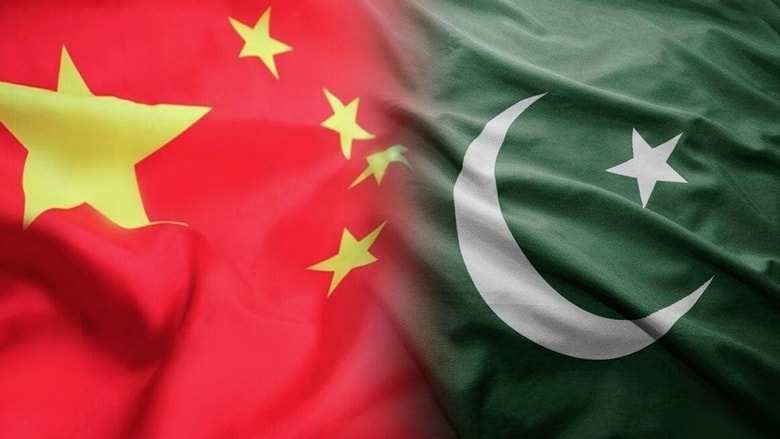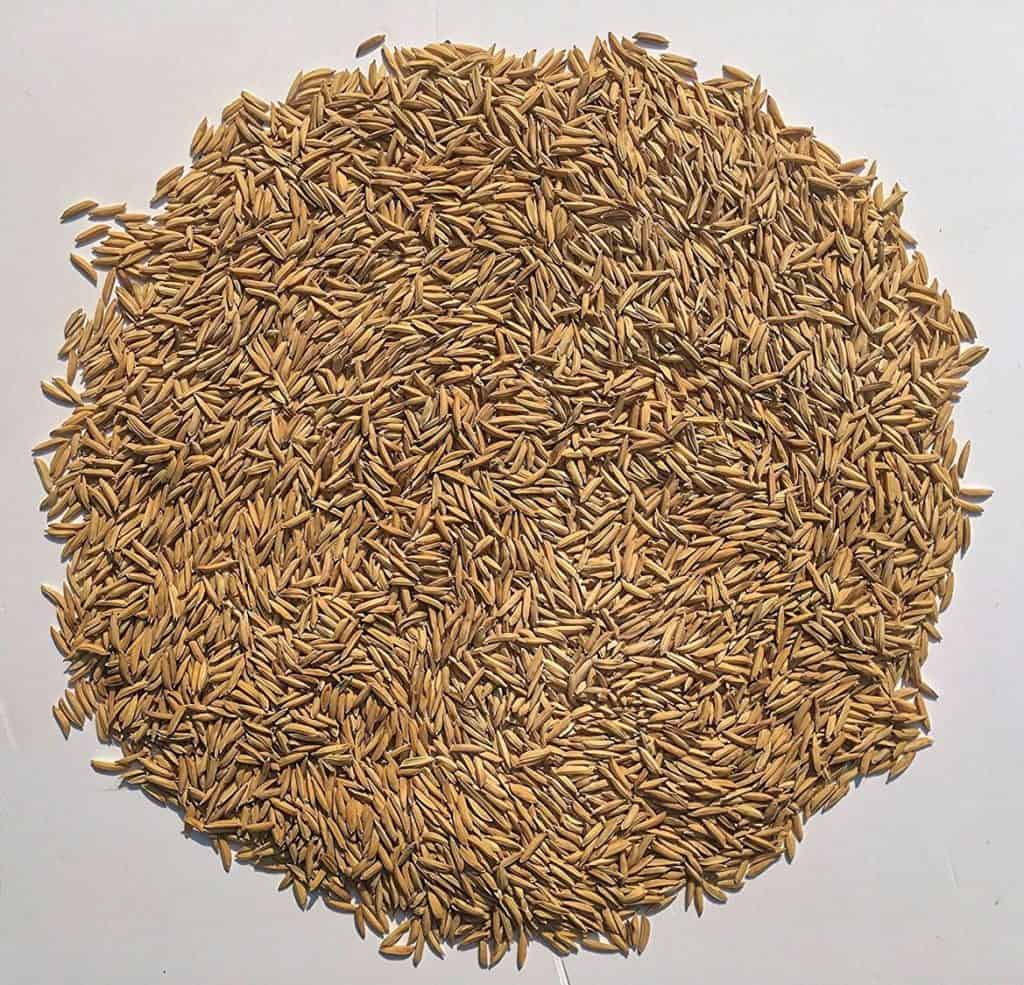Pakistan and Chinese Agricultural Researches are on the verge of reaching the hybrid Basmati rice breakthrough. The hybrid rice developed through the combined researches of China and Pakistan produces 37.5 quintals per acre with length of 7mm. This is very close to the expected target of producing 40 quintals per acre with length of 8mm. Current production of most basmati seeds is below 20 quintals per acre and if this breakthrough is successful it will double the farmer’s income.
The maturity period of Hybrid Basmati is really short which will help farmers to utilize their land to the fullest. Early maturity of crop will further rule out the possibility of destruction due to climate changes.
Research Conducted in Lahore Pakistan

The research was conducted in collaboration of China’s Longping High-Tech Industries and Guard Agricultural Research Private ltd of Pakistan. The hybrid Seed is heat and drought tolerant this makes it versatile. These hybrid crops take about 95 -100 days to mature whereas an ordinary crop takes an average of 120 days.
Through this ambitious research breakthrough Pakistan is expecting to increase it exports to 5 billion US dollar in next five years.
Indian Agricultural Department have high hopes on Pusa 1718 Basmati

Meanwhile, the Indian Agricultural Department’s recent advancements in research to increase the production of basmati rice is the new Basmati variety Pusa 1718. It is the advancement of the iconic PB1121. It produces high yield and has the ability to fight bacterial blight disease which prevents lodging, thereby increases yields.
The basmati seed promises to produce 25 quintals per acre and it gives the solution of using less pesticides. Pesticide use by Indian farmers has been a major area of concern for Indian Basmati Rice exporters.
However, Pakistan and Chinese breakthrough is a major threat to India since India exports to major gulf countries. India produces about 85% of Basmati rice in global market whereas Pakistan produces 15%. This breakthrough may indeed change the game for India. Will Pusa 1718 help India to remain competitive in the market? only time will tell.